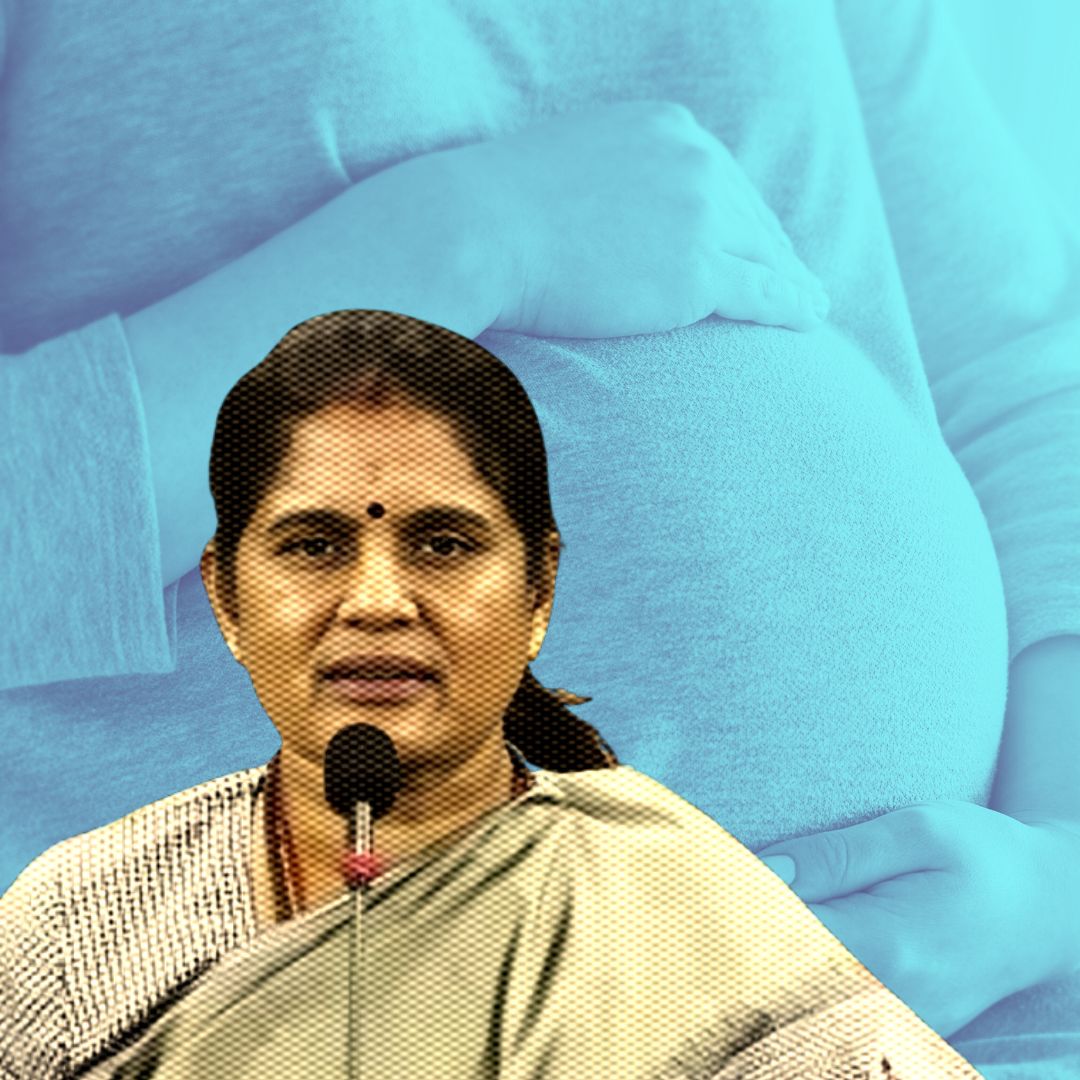In a shocking incident in Kendrapara, Odisha, a pregnant government employee, Barsha Priyadarshini, alleges she suffered a miscarriage after being denied leave by her supervisor during severe labour pains at work. The incident, which occurred on October 25, has prompted an investigation by local authorities following Barsha’s written complaint of “mental harassment and gross negligence.” Officials, including Deputy Chief Minister Pravati Parida, have called for accountability and adherence to maternity laws, which entitle women to 26 weeks of paid maternity leave under the Maternity Benefit Act.
A Heartbreaking Incident
Barsha, who was seven months pregnant and employed by the Women and Child Development Department, reported experiencing intense labour pains while at her office. Despite her pleas for leave from her supervisor, Child Development Project Officer (CDPO) Snehalata Sahoo, and other officials, her requests were allegedly ignored. After being taken to a private hospital by family members, Barsha tragically lost her baby. “I felt helpless and alone in that moment. I just wanted to be with my family,” Barsha shared in an emotional statement. Her family expressed outrage over the treatment she received at work, with one relative stating, “No one should face such disregard during such a critical time.”
Investigation and Legal Framework
Following Barsha’s formal complaint to the district collector alleging “mental harassment and gross negligence,” Kendrapara district administration has launched an inquiry led by District Social Welfare Officer Manorama Swain. Deputy Chief Minister Pravati Parida emphasized the importance of adhering to the Maternity Benefit Act of 2017, which mandates 26 weeks of paid maternity leave for female employees in both public and private sectors. This law aims to protect women’s rights during pregnancy and childbirth and is crucial for ensuring their health and well-being. CDPO Sahoo has claimed ignorance of Barsha’s condition at the time of the incident. A committee will be formed to investigate further, with findings expected to guide any necessary disciplinary actions.
Broader Implications and Community Reaction
This incident reflects wider issues regarding maternity rights in India, where many women still face challenges in obtaining necessary leave during pregnancy due to rigid workplace norms. According to a recent study by the International Labour Organization (ILO), only 26% of women in India are aware of their maternity rights. Public reaction has been swift; many have taken to social media to express outrage and support for Barsha. Comments such as “This must change!” have flooded platforms like Twitter and Facebook. Notably, this incident comes shortly after Odisha extended maternity leave benefits to 180 days for government employees, underscoring ongoing discussions about women’s rights in the workplace.
News in Q&A
1. What happened to the pregnant woman in Odisha?
Barsha Priyadarshini, a 26-year-old government employee in Kendrapara, Odisha, alleges that she suffered a miscarriage after being denied leave by her supervisor while experiencing severe labour pains at work on October 25.
2. What actions have been taken in response to this incident?
Following Barsha’s complaint of “mental harassment and gross negligence,” the Kendrapara district administration has initiated an investigation led by District Social Welfare Officer Manorama Swain. A committee will be formed to thoroughly examine the circumstances surrounding the incident.
3. What are the legal protections for pregnant employees in India?
Under the Maternity Benefit Act of 2017, women in India are entitled to 26 weeks of paid maternity leave. This law aims to safeguard women’s rights during pregnancy and childbirth, ensuring their health and well-being.
4. How have officials responded to the situation?
Deputy Chief Minister Pravati Parida has called for accountability and emphasized the importance of adhering to maternity laws. CDPO Snehalata Sahoo has claimed ignorance of Barsha’s condition during the incident, which raises questions about workplace practices regarding maternity leave.
5. What is the broader context surrounding maternity rights in India?
This incident highlights ongoing challenges women face in securing necessary maternity leave due to rigid workplace norms. Many women remain unaware of their rights, with only 26% informed about maternity benefits according to a recent ILO study. The public reaction has been significant, with many advocating for better enforcement of these rights.












